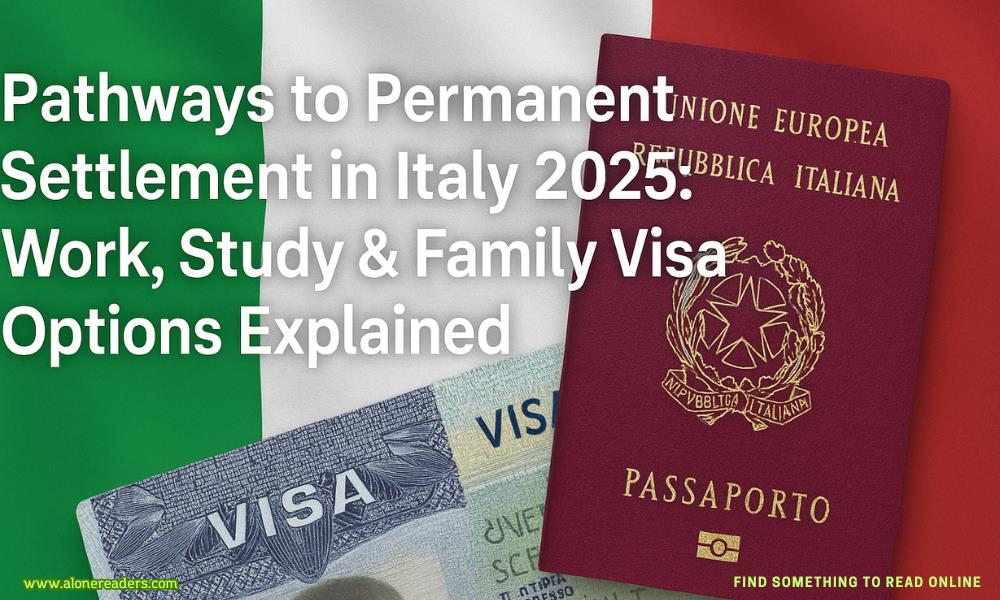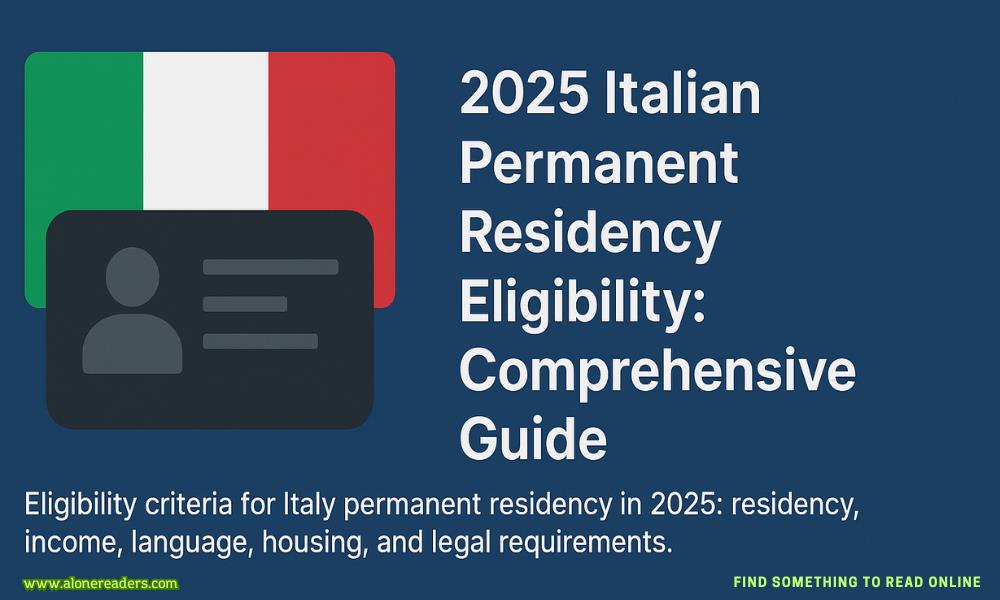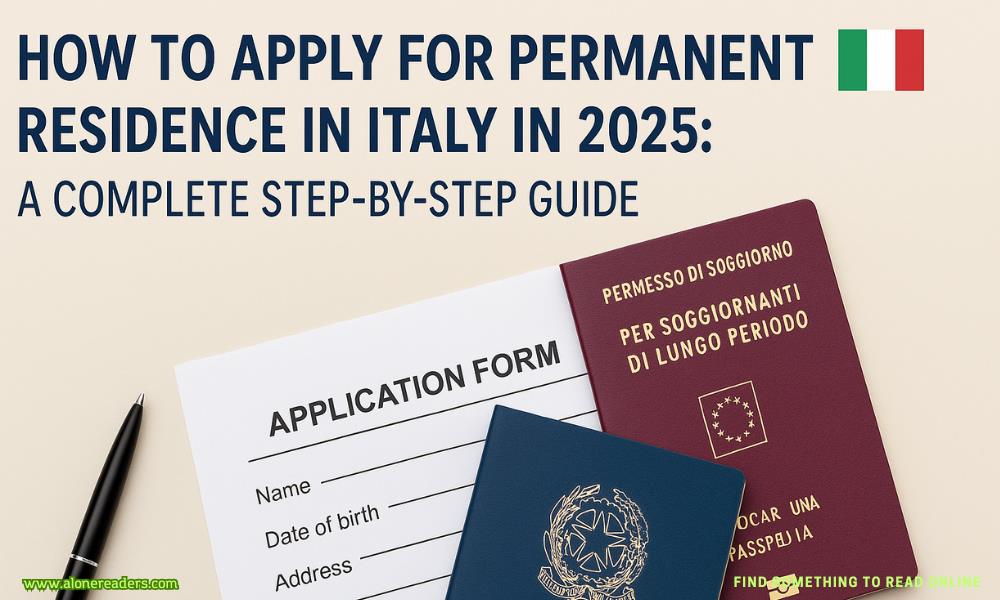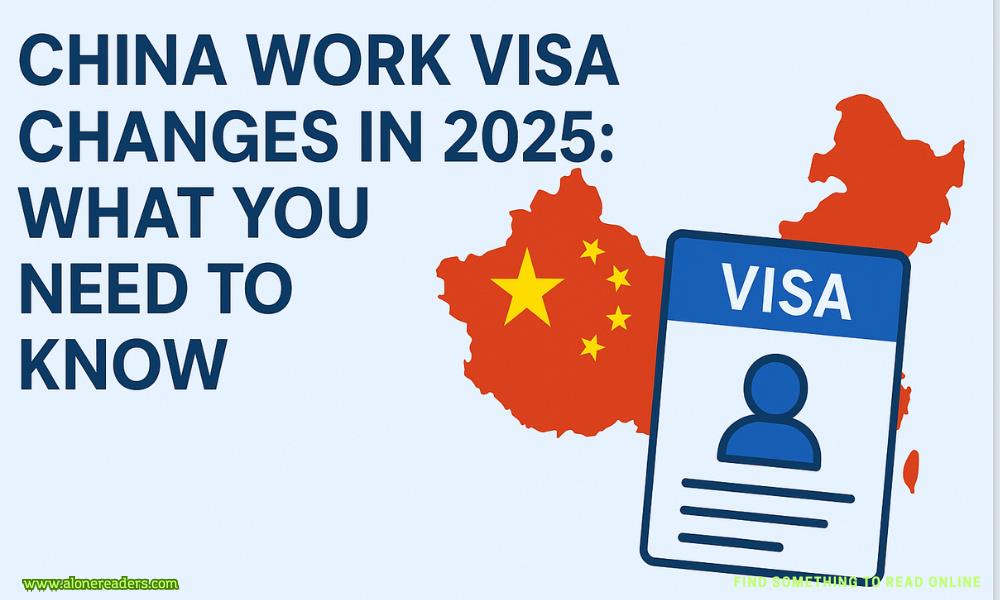Page 96 of Six Wild Crowns
“No one knows better than I that words can wound and fester. I will leave, Your Majesty. Please know, that if I could spool back the thread of time and redo that day all over again, I would simply throw myself at your feet and pledge you my paltry little life in exchange for the honour of being near you.”
As Wyatt rides out of Brynd, Henry rides in, on his way to Garclyffe to inspect the warships being built there. Boleyn wonders whether they crossed on the road, and if so whether her husband recognised her would-be lover. She finds herself running into his arms, inhaling his scent – pine, juniper and the sweat of travel. She tells herself it is self-preservation. Until she is sure of her five queens and is ready to move against the crown, she must conceal her plans and her true feelings. But it frightens her, how easy it is to slip into her role as his adoring consort. It was a mantle she wore for too long. After all, she used to see him as a cure, as Elben’s saviour. Now she wonders: was he the one to start the sickness?
“I have a gift for you, my queen,” he says as she leads him into Brynd.
She does love presents. Maybe it’s a sable, or the hunting dragon he promised her on Elizabeth’s birth. Maybe it’s jewels.
“Where is it?” she says.
“My men are preparing it. You shall see what it is after we have eaten,” he says.
She knows, then, that it is not jewels or fine clothes, but she has to pretend. Pretend, and hope. She entertains him over luncheon. She is all sparkle and fever.
“Do you remember when you first fell in love with me?” she asks him.
“I remember the exact moment,” he says, popping a sweetmeat into her mouth.
“Tell me. Let me see if it’s the same moment I fell in love with you.”
It is the same moment. It goes like this:
“Remember, Boleyn, never ride ahead of the king,” her father warns, knowing Boleyn’s tendencies.
“If he’s fast enough I won’t be able to,” she replies.
Had she known even then what she was doing? She thinks, somewhere, she probably had. The temptation to prove herself a man’s equal has always been integral to her. It was driven by the need to set herself apart from Mary with her sweet face and golden hair. Driven, too, by a desire to prove her parents right when they insisted that all three of their children received the same education. So when the horn sounds and their horses spring after the hounds, the hunting dragons swirling high above, across the fields surrounding Hever, Boleyn pushes Fauvel further than she’s ever pushed her before. And the king senses her, right on his heels. He turns to look at her, and his eyes widen with shock as he realises that he is about to be overtaken. He grins. Suddenly, hunting the stag isn’t important. What’s important is the race.
“Boleyn!” her father shouts as the two of them gallop ahead of the rest, into the cover of the woods, the hounds all around their horses’ hooves. A branch snags on Boleyn’s hood and whips it clean off, frontlet and cap together, leaving her black hair to stream out behind her as she bends low over Fauvel’s neck. Henry is just behind her, close enough that he can reach out and brush a hand across her thigh as they gallop.
By the time they stop, their horses’ sides heaving with exertion, and the rest of the hunt has caught up with them, they are alreadyhalfway to marriage. Lord Boleyn is furious at first, but when he sees the way the pair are looking at each other, his composure changes. His whole outlook on what is proper shifts. Maybe Boleyn isn’t just the clever one – because to him, for all his dedication to education, it is impossible that Henry could look at Boleyn like that, and not her sister, unless she is more beautiful than Mary.
“Your Majesty,” Lord Boleyn says, dismounting his horse. “Please allow me to formally introduce my eldest, Lady Boleyn, recently returned from the court of Capetia.”
“Boleyn!” It is the king’s voice this time, and Boleyn’s name is full of laughter and joy in his mouth. “Do you always make men chase after you so hard? You nearly killed my horse.”
“What’s the point of a hunt unless there’s a little death at the end?” she responds. The hush that follows, as everyone wonders how the king will take such a lewd remark, is the most thrilling of her life. Then Henry grins, looking at her like he wants to eat her up, and the rest of the hunt laughs, and that is that.
Boleyn and Henry stare at each other, the short distance between them suddenly an ocean. Their perfect love, tainted by a little truth.
Syndony appears, carrying a plate piled with apples, over-sweet and wrinkled from their storage in Brynd’s pantries.
“Here are the apples you’ve been craving, Your Majesty,” she says, placing the plate right in front of Boleyn, carefully not looking at her. Boleyn feels Henry’s sharp gaze, darting between the apples and her. Suddenly she realises: Syndony is offering her not food, but armour. It is unlikely that she could be pregnant again so soon after Elizabeth’s birth. Unlikely, but not impossible.
“At last,” she says. “Thank you. I could eat ten of these at once.”
And she proceeds to do so, not just ten but the entire plate, until juice drips down her chin and she thinks she’ll vomit if she has more. Maybe that would be a good thing.
“Would you like more?” Henry says, casually, as she casts the final core onto the silverware.
“Perhaps later,” she says, dabbing at her chin with the napkin on her shoulder. The sparkling fever is back, and she’s bolder now that she knows Henry thinks she has something that he wants.
“What would you do if I took six husbands?” she asks him.
“I would kill the other five and make myself your one,” he says.
“What if the kingdom depended on me marrying six men, as it does with you?”
“Then I would respect the laws of the kingdom, I suppose. But I wouldn’t like it. I certainly wouldn’t attempt to befriend your other husbands.”
- The Prince's Secret Twins by Elizabeth Lennox
- Tangled Desires by Tory Baker
- At the Edge of Surrender by A.L. Jackson
- A Touch of Fate by Cora Reilly
- Untouchable Love by Lucy Darling
- After Hours by Caitlin Crews
- Shelter from the Storm by Mari Carr
- Someone Knows by Vi Keeland
- Hawk by Fiona Davenport
- The Silencer by Brooke Summers
- The Beat of her Heart by Emily Hayes
- The Neighbor's Son by K. Webster
- Vasily the Hammer by C.B. Alice
- Convenient Vows by D.C. Beks
- Wrapped in Silver by Sara Vice
- Ruined By Capture by Sherry Blake







